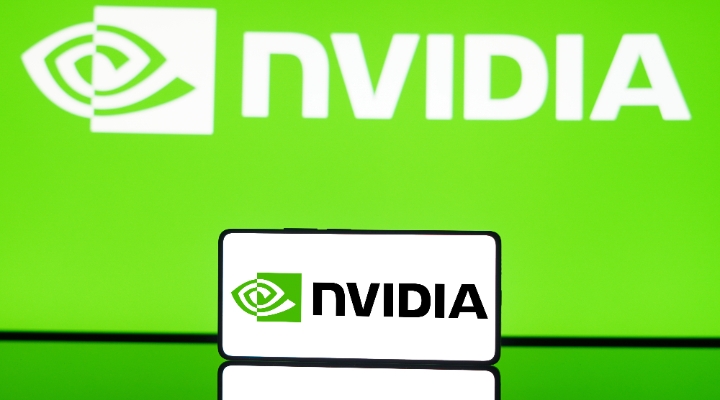
We raise our fair value estimate on Taiwan Semiconductor Manufacturing (TSM), or TSMC, to TWD 1,380 per share from TWD 950 (US$213 per ADR from US$146) owing to higher pricing expectations, stronger artificial intelligence demand, and plausible upward revision in its full-year revenue guidance. As a result, we increase our revenue and EPS expectations for 2024 to 2028 by up to 9% and 17%, respectively.
Key Morningstar Metrics for TSMC
• Fair Value Estimate: US$213.00
• Morningstar Rating: 4 stars
• Economic Moat: Wide
• Morningstar Uncertainty Rating: Medium
In addition, we lowered our weighted average cost of capital (WACC) to 8.2% from 9.3% as TSMC is closer to opening overseas plants to mitigate geopolitical risks in East Asia.
Even after a 60% year-to-date share price rally, we view TSMC is undervalued as potential price hikes without much additional capital expenditure would disproportionately improve free cash flow.
Edge AI Will Gain Prominence
Revenue upside from edge or on-device AI has become more visible, in our view. Apple said on its recent Worldwide Developers Conference that it will take a hybrid approach in handling user queries. Simpler queries will be handled on-device instead of being sent to remote cloud servers. We take this as validation to chip designer MediaTek’s earlier declarations that edge AI will gain prominence as more AI models are trained. We expect both Android and iOS smartphones to enable on-device AI processing over the next three-to-five years, which directly leads to 10%-20% more silicon content on smartphones.
Datacentre AI also contains pleasant surprises. First, Apple says it will run complex queries on "dedicated Apple silicon servers," which we interpret as incremental semiconductor demand for TSMC structurally, given Apple has to maintain and expand a vast fleet of datacenters to handle user queries. Second, top-10 customer Broadcom raised its full-year guidance from AI-linked chips by 10%. Third, Nvidia accelerated its datacenter GPU refresh cycle to annually from biennially, which may speed up expansions if total cost of ownership reduction is proven.
TSMC is likely to benefit from boosts in smartphone and PC chipsets demand. Per Business Korea, Qualcomm and Google are poised to manufacture next-generation 3nm smartphone chips at TSMC instead of Samsung. The news is not a surprise as we understand Samsung is struggling with 3nm production and faces wider organisational issues. We estimate 3nm smartphone chipsets will be over 25% more expensive than 5nm ones before factoring AI-driven silicon content growth.
In other news, Qualcomm has debuted laptop AI-enabled chips made by TSMC that potentially chips into Intel’s decadelong dominance. We see battery life as a compelling selling point, and the end of Windows 10 support could catalyse demand. MediaTek may soon join the fray with its AI PC chip, but that is more likely in 2026. Every 10% market share in PC chips by Qualcomm and MediaTek combined adds about US$9 billion in TSMC’s revenue.







.jpg)












